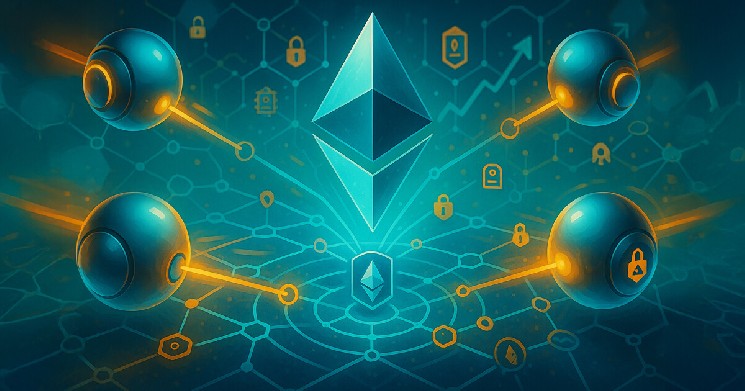Synthetic intelligence (AI) has developed past chatbots and co-pilots, and the following frontier on this quickly evolving trade is the world of AI brokers.
These autonomous digital actors can browse the net, negotiate contracts, make funds, and collaborate with different machines.
The market supporting this variation is immense, with the worldwide AI sector anticipated to exceed $1 trillion by 2031, in keeping with knowledge from Statista. Particularly, the report suggests {that a} vital market share will probably be concentrated in agent methods able to unbiased decision-making.
However one query dominates the dialog. How do thousands and thousands of autonomous brokers belief, confirm, and transact with one another?
Whereas know-how firms like Google compete to construct centralized agent ecosystems, builders within the crypto neighborhood argue that Ethereum, not company clouds, is essentially the most impartial and verifiable basis for this rising machine financial system.
Why Ethereum is necessary for AI
Ethereum’s open ledger has already secured over $550 billion in on-chain belongings and thousands and thousands of sensible contracts.
For builders like Binji, an engineer on the Ethereum Basis, it is a pure foundation for “trustware,” a public layer the place machines can lock of their identification, reminiscence, and proof of operation.
Based on him:
“In the event you’re an agent with no loyalties aside from your personal survival, you do not need to stake your reminiscence and status on one firm or one authorities. You desire a ledger that nobody can secretly change behind the scenes. You desire a impartial place. You need Ethereum.”
ERC-8004
With this in thoughts, community builders have been engaged on technical frameworks that can permit these AI brokers to succeed with out third-party intervention.
On October ninth, the Ethereum Basis’s dAI staff and ConsenSys introduced ERC-8004. ERC-8004 is a brand new normal designed to permit AI brokers to find, authenticate, and collaborate instantly on-chain with out the necessity for a centralized middleman.
The core of ERC-8004 extends agent-to-agent (A2A) protocols with three light-weight registries for identification, status, and verification.
Every agent will obtain a transportable on-chain ID encoded as an ERC-721 token that may be considered, transferred, and managed through their current Ethereum pockets. A registry file linked to that NFT describes the agent’s abilities, endpoints, and metadata, forming a standardized “passport” for the machine actor.
This proposal permits brokers to determine belief autonomously and not using a centralized middleman, bridging the hole between AI methods and blockchain infrastructure.
The framework additionally helps on-chain status by integrating x402 cost proofs and suggestions knowledge, permitting brokers to construct a provable behavioral historical past.
Primarily, ERC-8004 positions Ethereum as a possible coordination layer for a decentralized AI financial system. On this surroundings, AI brokers, somewhat than people, negotiate transactions, handle assets, and type DAOs.
Binge emphasised that this know-how has the potential to facilitate the following increase in AI brokers whereas enhancing Ethereum’s core worth proposition of “belief with out intermediaries.”
He added:
“That is just the start of machines operating on trustware. Good contracts are how we talk with AI, immutable ledgers are how AI communicates with one another, and Ethereum is how we construct this proper.”


